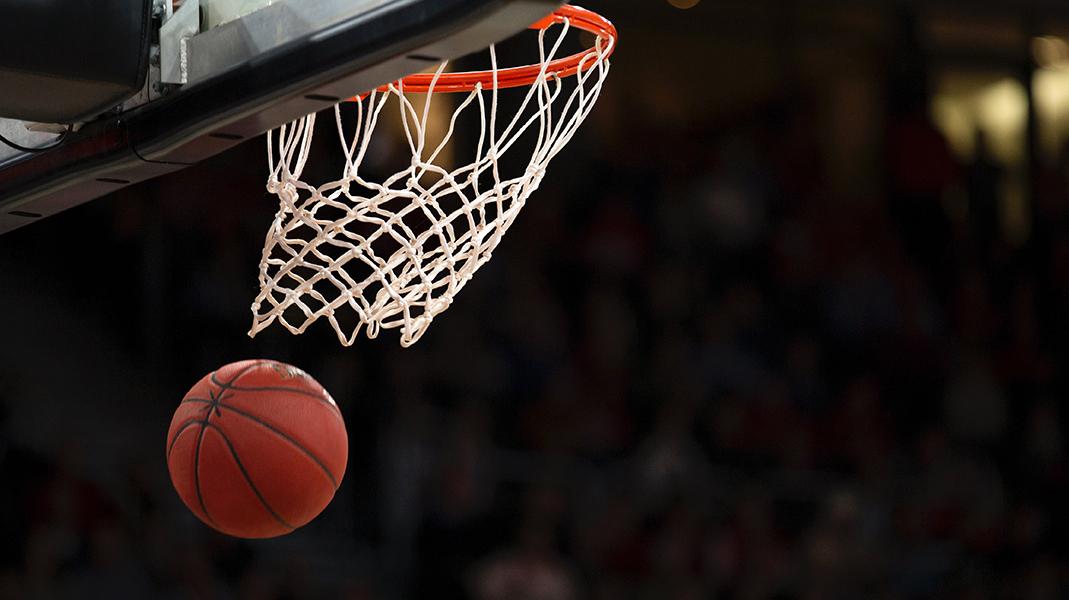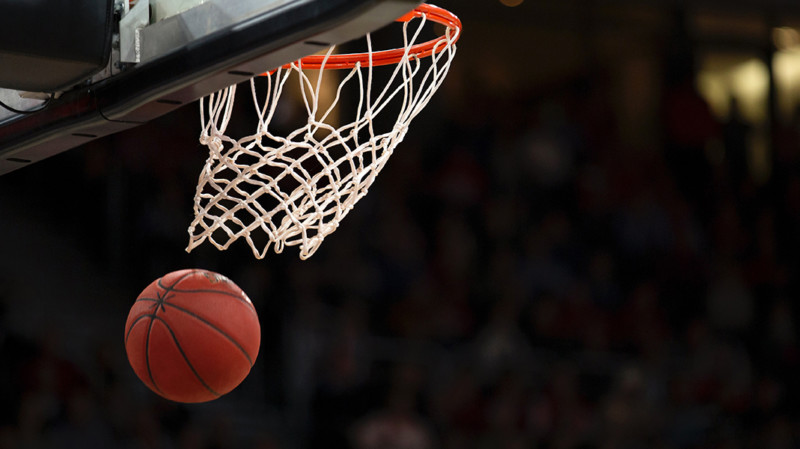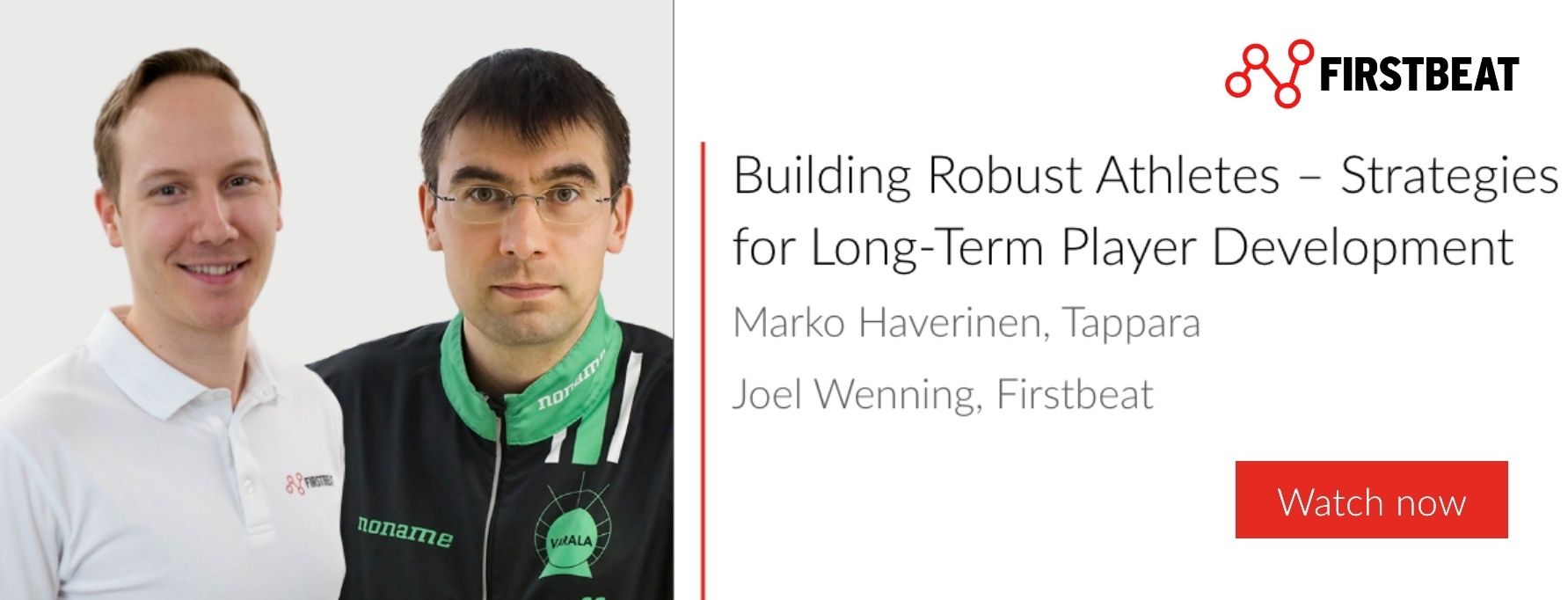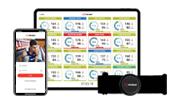
When Jaime Fernandez agreed to move with his young family a five-hour flight away from Wisconsin to the University of Arizona on an unpaid internship, not many people thought he was serious.
“I heard back from a couple of schools, but eventually Arizona felt like the right place,” Jaime explains. “But as time got closer, they called me again and said, ‘Are you really going to come over?’”
The Senior Associate Athletic Director and Director of Strength and Conditioning at Arizona at the time, Jim Krumpos, was one of those who had doubts.
“I got a really good understanding of the person he is, because in the first conversation I had with him he said: ‘Hey, man, you’re qualified to have a full-time position and I want you to look for that. If you can’t find anything that we will be your backup.’”
With no luck elsewhere, Jaime joined on a part-time basis, a position that became full-time three months later. Following roles in various sports, last year he joined the coaching staff for the Arizona Wildcats, the women’s basketball team, as Assistant Performance Enhancement Coach.
A Season Like no Other
Last season, of course, was a season which brought about challenges like no other. “It was extremely difficult. I hope we don’t get a year like that ever again but I’m glad to have experienced it,” Jaime says. “For better or worse I think it has made me a better coach in a lot of aspects.”
Makeshift weight rooms were created to provide enough spacing between athletes, squat reps were conducted on the football stadium concourse and the threat of canceled games were constantly hanging over the team.
It was at this time, while still preparing for the season ahead, that Jaime discovered Firstbeat.
“We had kids not doing anything for five to six months, so we felt as staff we needed something to help us transition these kids back into sports and practice safely,” he said. “We did some research and settled on Firstbeat. The football team had been using it before us and they had a good experience, so we thought let’s try it.
“We used Firstbeat to gauge recovery and what heart rate zones they were hitting, so it was very crucial especially for practices where I was relaying that information to one of the assistant coaches. It was like ‘Hey, one of these players is getting to this certain load, just letting you know’ and she would either pull them aside or they’d do something different. It was just managing the athlete’s load and trying to keep them fresh for whenever the next game was.
“We had athletic trainers there working very closely with us and we wouldn’t have gotten through it honestly if we didn’t have some of those tools and if we didn’t have very good inner-department collaboration.”
Making Record-breakers
Having returned to training and a new season upon the team, the Wildcats were put into a bubble for the NCAA tournament.
“We spent a lot of time staring at four walls. Then we started having two meals a day where we could be together in a meeting space.”
Despite the differences in preparation, however, wins against Stony Brook, BYU, Texas A&M, Indiana and UConn meant the Arizona Wildcats had made their first NCAA final – a record-breaking run in a tournament they had only advanced from the Round of 32 once, back in 1998.
“Initially, I think when Stanford won their game against South Carolina, we were like, yeah, of course, it has to be Stanford,” Jaime said. “But once we took care of business, I think there was a lot of excitement from the team.
“I don’t think a lot of people saw us beating UConn in the final four, especially in the manner that we did. And the team and the athletes were really hyped up. They were excited. They had the mentality of there’s no way we’re going to let Stanford beat us three times in the year.
“I mean, ultimately it happened, right? It was a good game. We kept it close. We had an opportunity to win it, and I don’t think you can ask for much more than that.”
Improving Collaboration
In what was ultimately a success for the Wildcats, Jaime puts some credit down to communication with the rest of the coaching staff and the buy-in from the athletes.
“If you get value from [technology], if it creates conversations – that’s one of the main goals for us,” he concludes. “What I’ve seen is that one of the biggest values of technology is if you can get your coach to have that confidence in the data that you’re giving them, it makes a world of difference.
“It creates conversations. And that happened this whole year where I don’t think there was a single practice where we had to do extra conditioning after she bought into the data for heart rate.
“Going into next year, I’m able to give the coaches almost a menu. If they ask for my input, for them to have this ability to see we can do this or that, and that’s pretty valuable.”
Jaime Fernandez is the Assistant Director of Olympic Sports at the University of Arizona where he works specifically with the Wildcats Women’s Basketball program. Last season, the Wildcats reached the NCAA national championship final for the first time in their history. You can listen to the full conversation with him in Episode 16: ‘Real-Time Guidance and Better Athlete Relationships’, here. A big thank you to Jaime for taking the time to talk to us!
You can read the full transcript of our conversation with him, here.
You might also be interested in

Real-time Training Guidance and Better Athlete Relationships – With Jaime Fernandez, University of Arizona Women’s Basketball – Ep. 16
Welcome to the Firstbeat Sports Podcast where we talk with coaches and sports scientists to explore the latest in performance monitoring and how it is making a difference in NCAA…

NCAA Basketball: Challenging Players With the Right Training Load
The ability to track intensity and quantify training loads using technology plays a big role in today’s game, giving team experts the ability to see in specific terms how individual athletes are impacted by training and how they respond at a physiological level.


